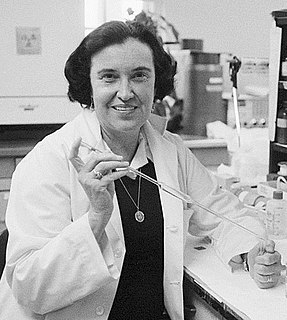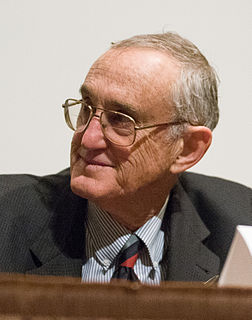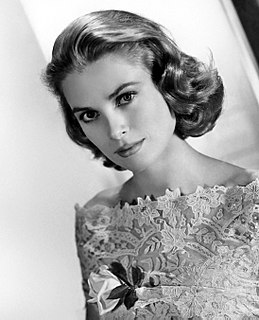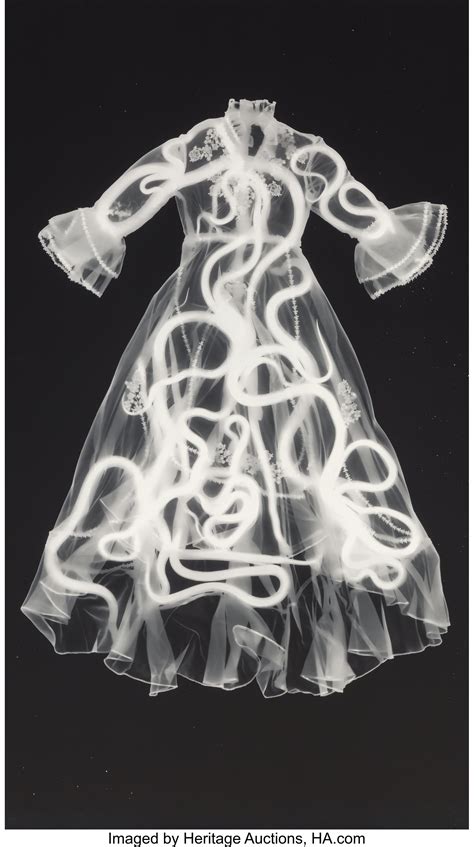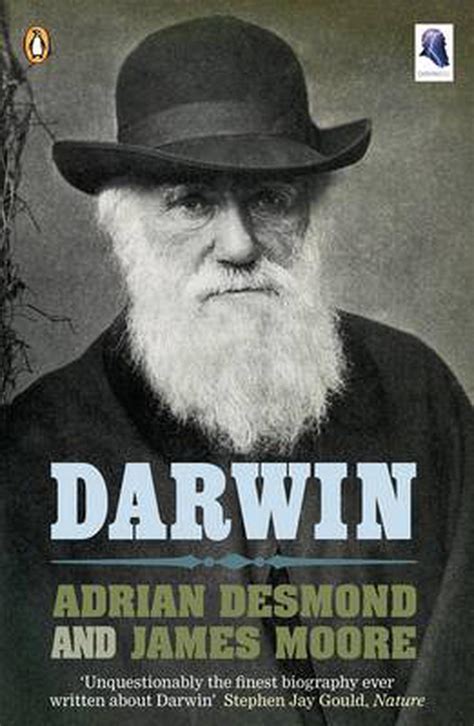A Quote by Marie Curie
It was like a new world opened to me, the world of science, which I was at last permitted to know in all liberty.
Related Quotes
For ten years, I wrote regular columns about science for women's magazines, and to my knowledge I'm the only person in the world who can say that. This has no kudos in either the science-writing world or the academic world, but it's one of the most challenging things I've ever done. It's much harder to write about cosmology for a magazine like Vogue than for the New York Times, which I've also written for, because you have to imagine that on the page opposite there'll be an advertisement for eyeliner, or an article about the latest trends in skirt length.
The remarkable insights that science affords us into the intelligible workings of the world cry out for an explanation more profound than that which itself can provide. Religion, if it is to take seriously its claim that the world is the creation of god, must be humble enough to learn from science what that world is actually like. The dialogue between them can only be mutually enriching.
I was attracted to photography because it was technical, full of gadgets, and I was obsessed with science. But at some point around fifteen or sixteen, I had a sense that photography could provide a bridge from the world of science to the world of art, or image. Photography was a means of crossing into a new place I didn't know.
In our dreams we have seen another world, an honest world, a world decidedly more fair than the one in which we now live. We saw that in this world there was no need for armies; peace, justice and liberty were so common that no one talked about them as far-off concepts, but as things such as bread, birds, air, water, like book and voice.
My understanding of religion and science is that they're both arrogant schools of thought, and whether they acknowledge it or not they continually broadcast the idea that they have the world figured out. And what they don't know, they have a theory for which is probably correct. It feels like that shrinks the world, rather than expands it.
Out of these troubled times, our fifth objective - a New World Order - can emerge. . . Now, we can see a New World Order coming into view. A world in which there is a very real prospect for a New World Order. . .A world where the United Nations, freed from a Cold War stalemate, is poised to fulfill the historic vision of its founders.
The more we know about this universe, the more mysterious it is. The old world that Job knew was marvelous enough, and his description of its wonders is among the noblest poetry of the race, but today the new science has opened to our eyes vistas of mystery that transcend in their inexplicable marvel anything the ancients ever dreamed.
Science was tearing through the 'fine-spun ecclesiastical cobwebs' to behold a new cosmos, in which our Earth is merely an 'eccentric speck' - a world of evolution 'and unchanging causation'. It invited new ways of thinking. It demanded a new rationale for belief. With science's truths the only accessible ones, 'blind faith' was no longer admirable but 'the one unpardonable sin'.

